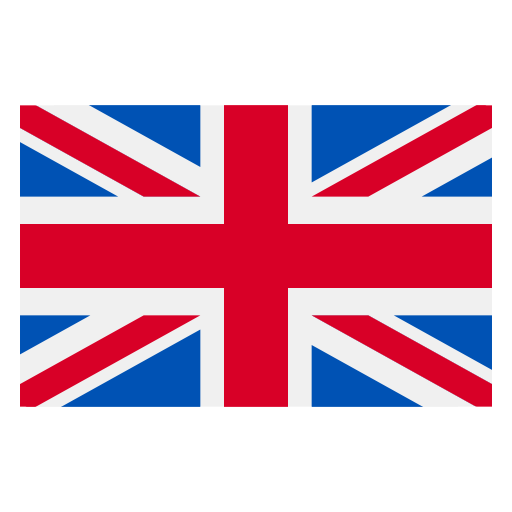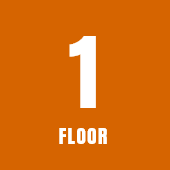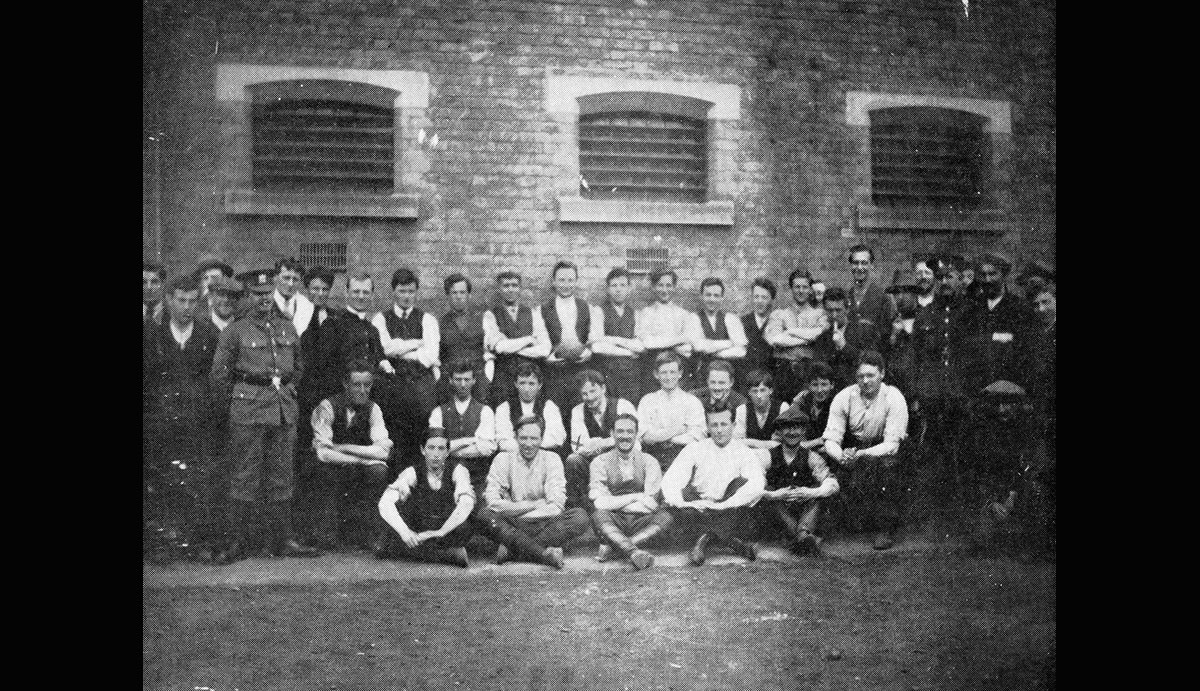While the GAA was not an official participant in the 1916 Rising, many of its members were involved in the rebellion against British Rule in Ireland. After the Rising, the British administration in Ireland used emergency powers to impose curfews and restrict movement. Permission to run ‘special trains’ was refused. Attendances at games dropped dramatically and the GAA’s gate receipts plummeted.
In 1918, the GAA was declared a dangerous organization and Gaelic games were banned. However, on Sunday 4th August over 54,000 GAA members defied the ban, playing games at a designated time of 3.00pm throughout the country. This day became known as ‘Gaelic Sunday’.






